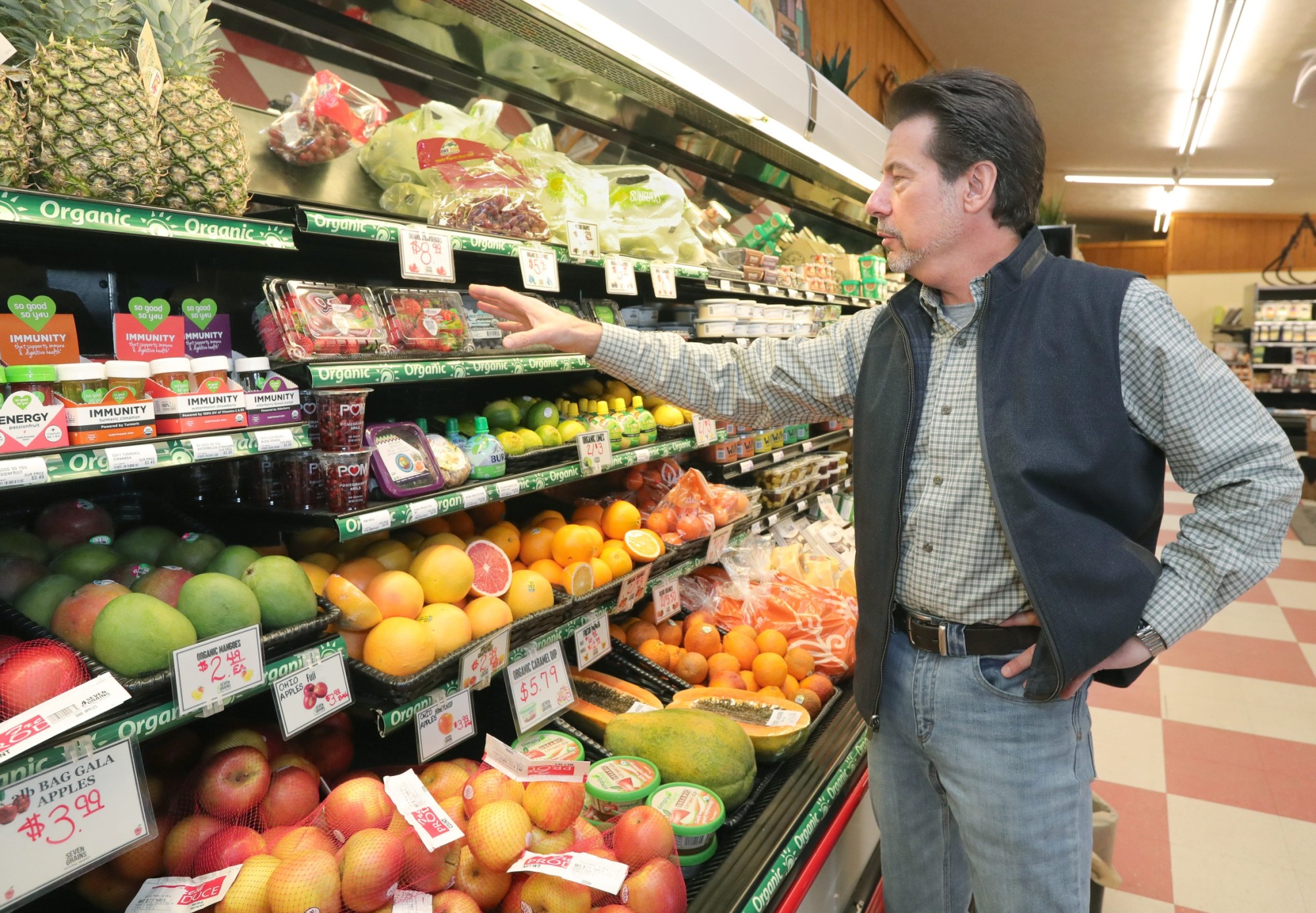U.S. News
Trump’s New Tariffs May Send Food Prices Soaring, Says Tax Foundation
By Jake Beardslee · July 30, 2025

A new analysis by the bipartisan Tax Foundation warns that President Donald Trump’s impending tariff increases, scheduled to take effect August 1, could drive up food prices for American consumers. The report, released Monday, estimates that the tariffs will affect nearly 75 percent of all U.S. food imports, raising costs on a wide range of products including bananas, coffee, baked goods, fish, beer, and spirits.
“President Trump has often defended tariffs on the grounds that they will boost domestic production and create jobs,” the Tax Foundation wrote. “However, in the case of food imports, it is often difficult or impossible to onshore production due to land scarcity and a lack of suitable climates for certain goods. Consumers also often prefer the foreign alternative to American-grown products. This means tariffs on food imports will likely lead to higher food prices, making consumers worse off.”
According to data from the U.S. International Trade Commission cited by the foundation, $221 billion worth of food products were imported in the past year, with liqueurs and spirits leading the category. Those imports alone, along with coffee and baked goods, make up over one-fifth of total U.S. food imports.
The Trump administration defends the tariffs as part of a broader effort to correct trade imbalances and promote U.S. manufacturing. “The administration has consistently maintained that the cost of tariffs will be borne by foreign exporters who rely on access to the American economy, the world’s biggest and best consumer market,” White House deputy press secretary Kush Desai told CBS. “A new [Council of Economic Advisers] analysis proves just that: prices of imported goods have actually fallen this year, despite President Trump’s historic tariffs.”
Still, critics argue that many agricultural imports cannot be replaced by U.S. production. For example, bananas cannot be grown domestically at scale due to climate limitations, while foreign versions of certain foods remain more popular among American shoppers.
Some exemptions may soften the blow. Roughly 63 percent of agricultural imports from Mexico and Canada, the country’s two largest food trade partners, are protected from tariffs under the United States-Mexico-Canada Agreement (USMCA). Additionally, recent trade deals with Japan, Indonesia, and the EU have capped certain tariff levels below those first introduced by the president on “Liberation Day.”
Nonetheless, the administration has continued introducing new duties, including a 50-percent tariff on Brazil—currently the fourth-largest food exporter to the U.S. Tariffs on other imports not covered by USMCA are also rising, with rates for Mexico and Canada set to jump to 30 and 35 percent, respectively, on August 1.
Commerce Secretary Howard Lutnick confirmed that no further grace periods or delays will be granted. “No extensions. No more grace periods,” he told Fox News. “August 1, the tariffs are set. They’ll go into place.”